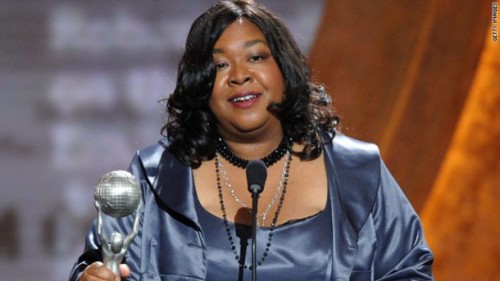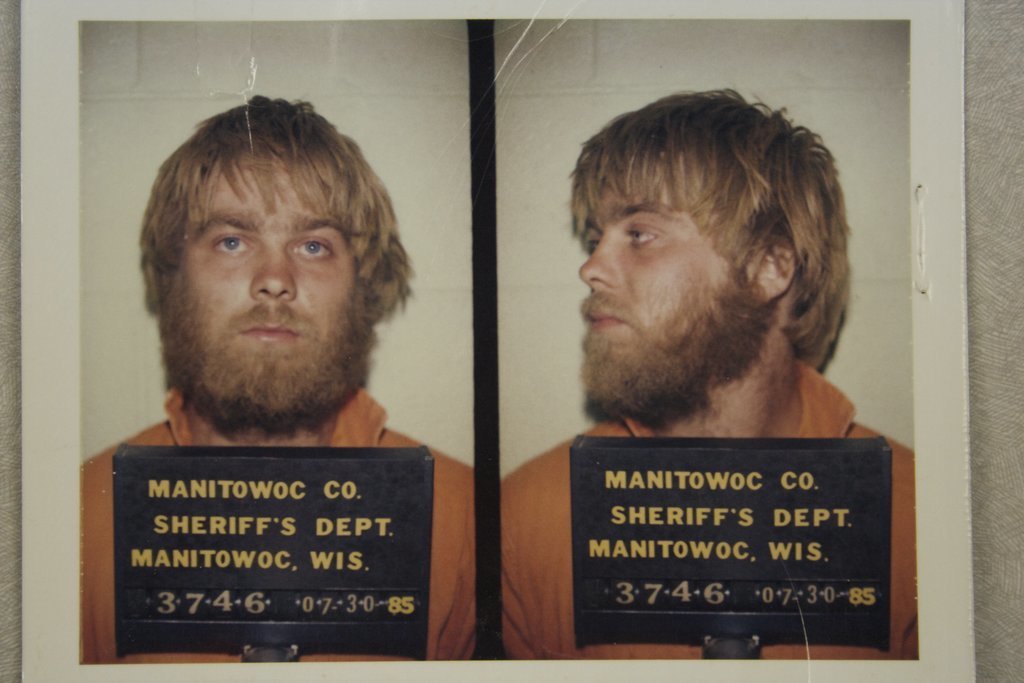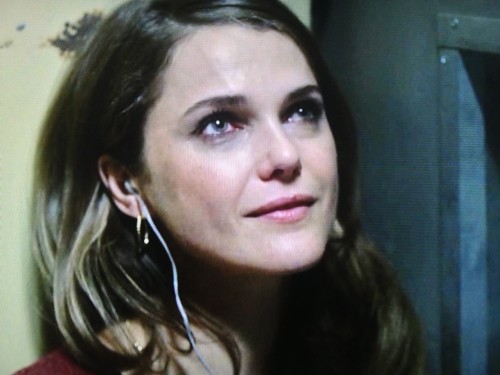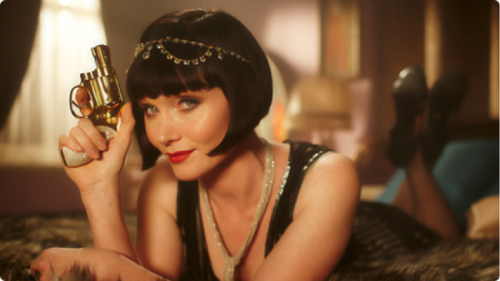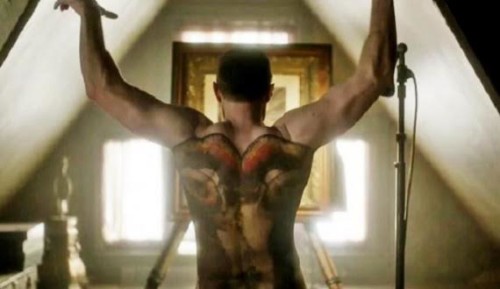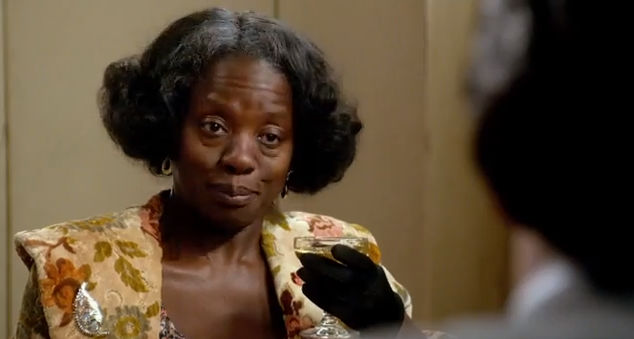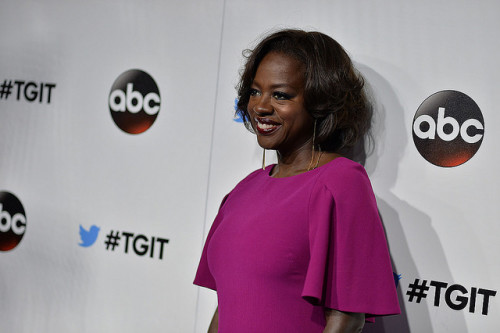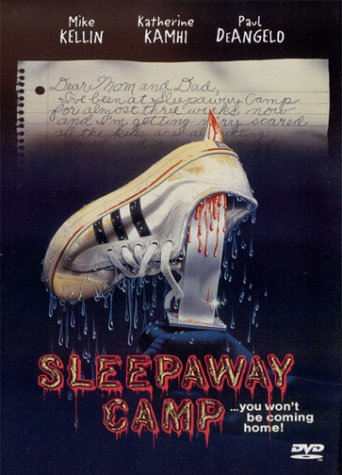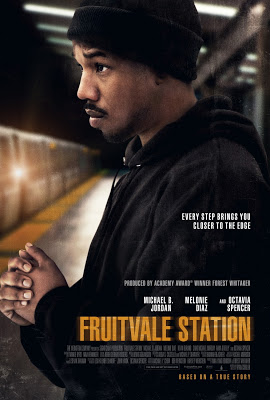I read film reviews, so I wasn’t expecting great art out of ‘Get On Up,’ but I also wasn’t expecting a film that frequently had me asking myself why it had been made. I know all the good reasons for making a James Brown bio-pic. He was a musical genius (I don’t use that word lightly) whose innovations, for a less talented (or less business-savvy) artist, would have led to a nice little corner of the avant-garde. Instead, Brown and his band produced chart-making hits for 30 years (in itself an unprecedented accomplishment: his career lasted for 50 years) that lured people onto the dance floor who sat out every other song (and his work is sampled in many other artists’ hits as well). He also had a dramatic personal life: he was in prison both before he was famous and after the peak of his fame had passed, had many children by many different women (some of whom he married, some he did not) and, through the years, had a slew of domestic violence charges filed against him. They, of course, were not the reason he went to prison.
